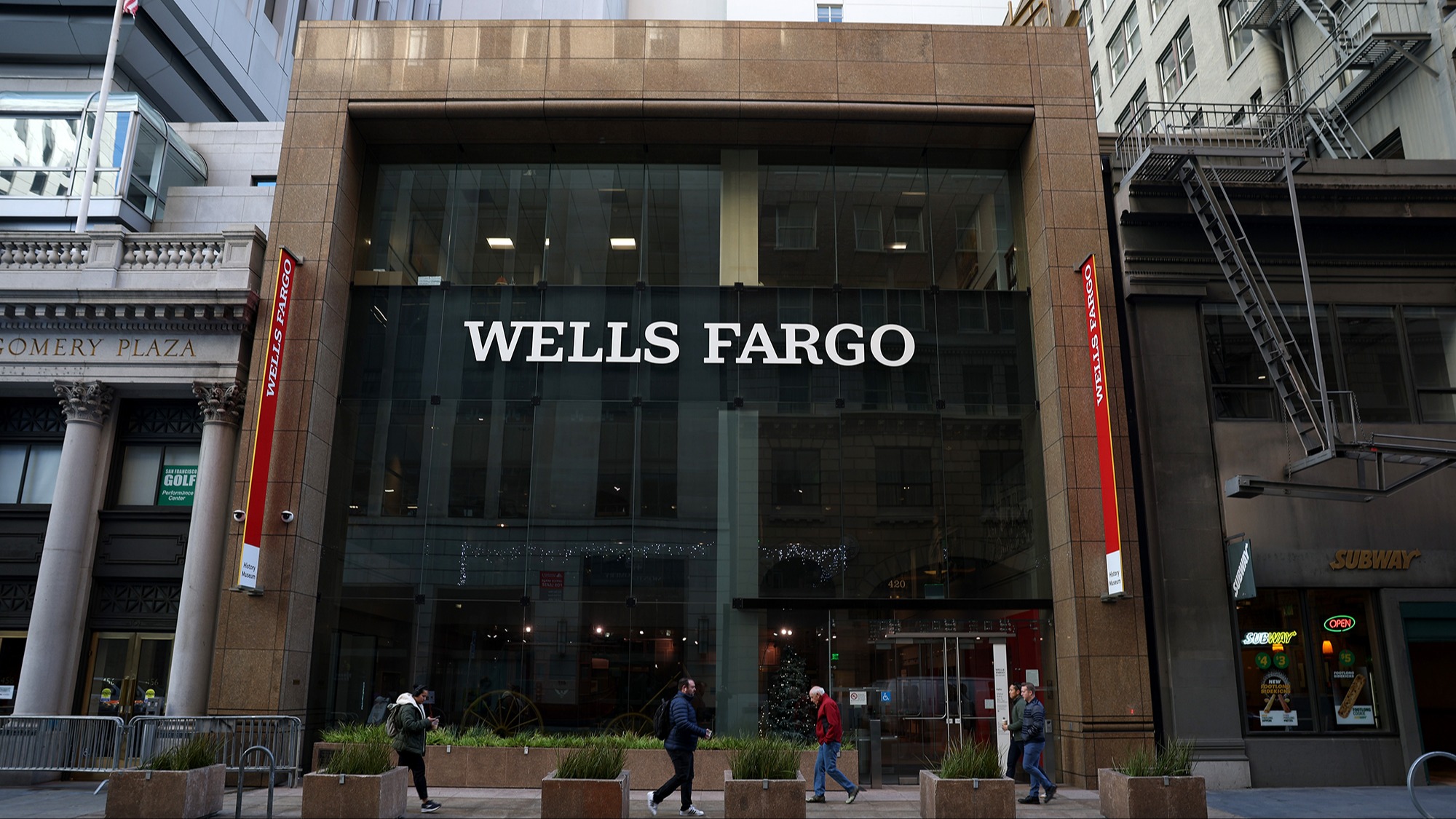Environmental and shareholder advocacy groups have accused Wells Fargo of “greenhushing” and expressed concern about its ability to meet climate disclosure requirements after a number of sustainability reports were removed from the bank’s website.
According to Hana Heineken, an attorney at environmental law charity ClientEarth, the San Francisco-based lender has taken down reports from its main website outlining its greenhouse gas emissions, net zero alignment and target-setting methodology, although these documents are still searchable online.
Web archive searches revealed that links to a climate report, and 2024 sustainability and governance report, which were available under the reporting and resources section of the bank’s website back in January, had also been removed. General searches for these reports on the bank’s website did not produce any results.
A page outlining Wells Fargo’s “CO2eMission” to help drive down greenhouse gas emissions to net zero by 2050 has been redirected to the personal banking section of the bank’s website, promoting personal checking and savings accounts.
“They are making it appear like climate no longer matters to their business,” said Heineken. “That’s greenhushing.”
Danielle Fugere, president and chief counsel at shareholder advocacy group As You Sow, said investors are “highly concerned” that Wells Fargo has gone backwards on its climate commitments. “There is no way we can assess progress if a company is not reporting. It is not to the benefit of the company,” she told The Banker.
Fugere said there are concerns about Wells Fargo’s ability to comply with requirements under California’s new climate disclosure rule, which will take effect next year, requiring thousands of large companies that do business in the state to publicly disclose their greenhouse gas emissions and climate-related financial risks.
Wells Fargo declined to comment. In February this year, the bank announced it was abandoning its 2030 interim financed emissions targets and goal to reach net zero by 2050 for financed emissions — those stemming from lending by the bank to carbon-intensive industry sectors.
The bank said when it set its financed emissions goal and targets, it was dependent on many factors outside its control, including public policies, consumer behaviour and technology changes to help clients transition to lower-emitting operating models.
“Many of the conditions necessary to facilitate our clients’ transitions have not occurred,” the bank stated back in February, adding that it had adjusted its approach to focus on what banks do best — providing financing and expertise to help clients pursue their own objectives.
Wells Fargo, alongside other major US banks, has faced pressure from Republican states which accused it of boycotting energy companies while it was a member of the Net-Zero Banking Alliance. The NZBA, which has now paused its activities, requires banks to set targets for reducing emissions of carbon-intensive clients, such as oil and gas companies.
In 2023, Texas attorney-general Ken Paxton launched an investigation into Wells Fargo and other US-based NZBA members after the state signed into law legislation prohibiting state funds being accessed by organisations that “boycott” energy companies.
Paxton later withdrew the investigation after Wells Fargo and other leading US banks exited the NZBA.
Outside of its climate commitments, Wells Fargo has faced long-standing regulatory issues in the US. The US Office of the Comptroller of the Currency lifted a 2015 enforcement action against the bank in May. In June, the bank was also released from a Federal Reserve-imposed asset cap that had restricted its growth and balance sheet since 2018.
The cap stemmed from an unprecedented enforcement action following revelations that as many as 3.5mn unauthorised accounts may have been opened by Wells Fargo employees between 2009 and 2016.
The Fed said the bank had satisfied all conditions for lifting the restriction, including improvements to corporate governance and risk management, supported by internal reforms and third-party reviews.
Source: thebanker.com







